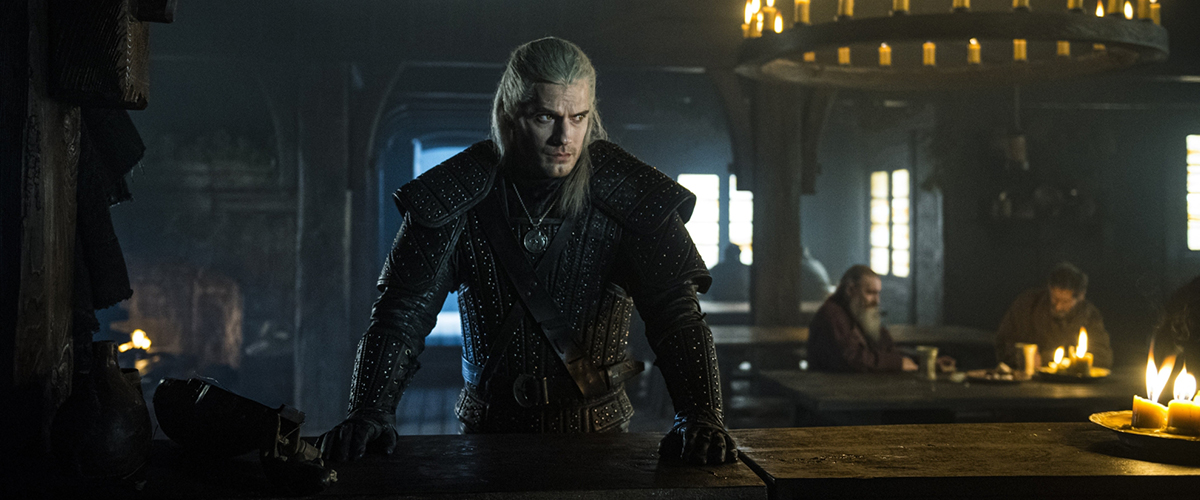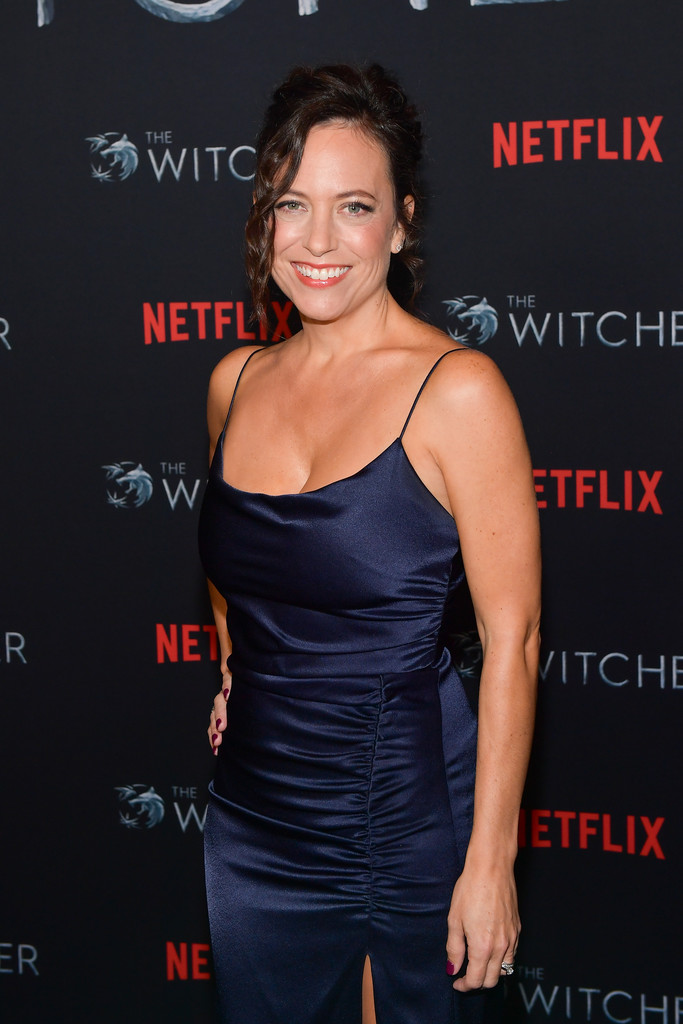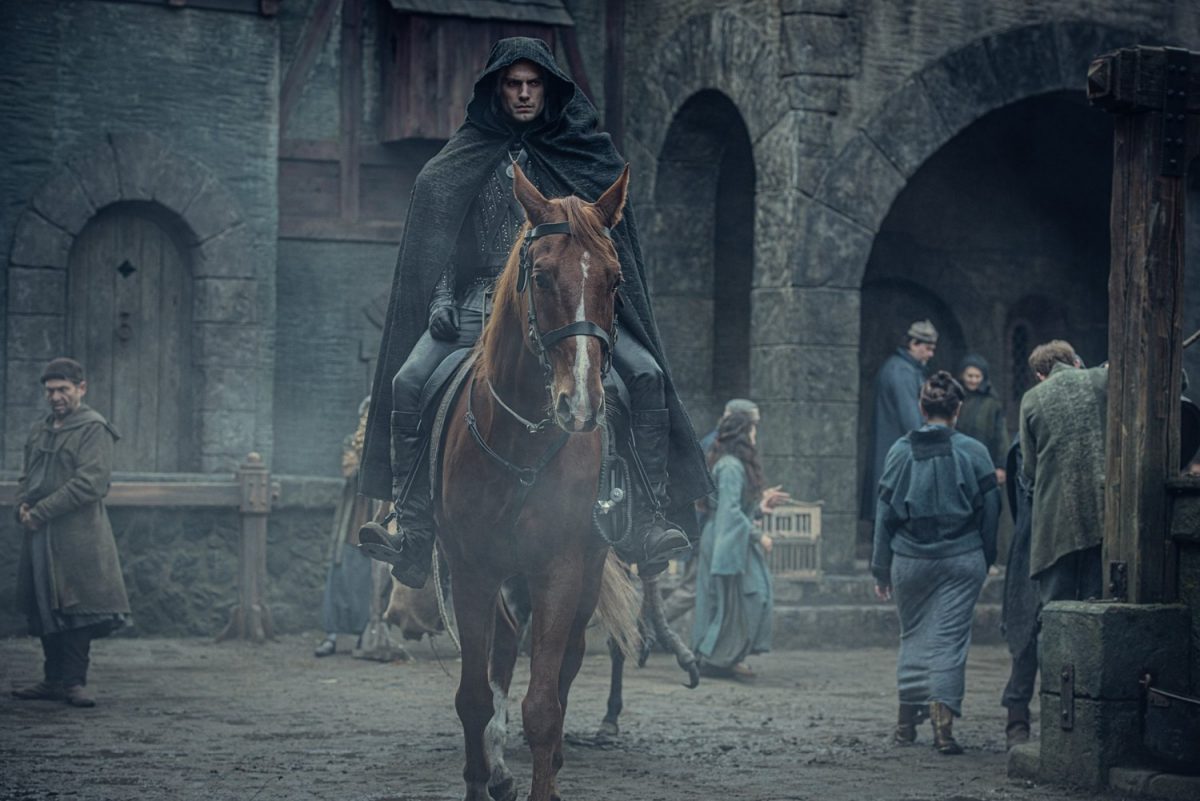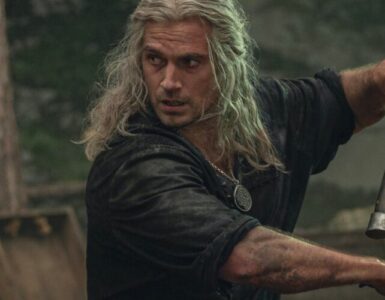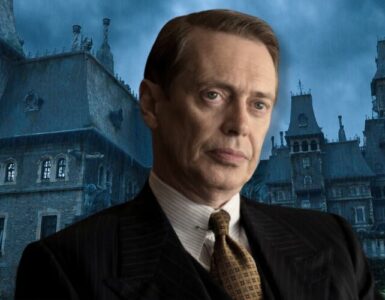Adaptations of source materials for TV and movies are notoriously difficult to execute, not only due to the high expectations of fans, but also due to the need to mix the visual spectacle with the books. Then there is the need for effects, of making it appealing to non-fans, and of course, casting the right actor for the key characters.
Luckily, the team behind the upcoming Netflix Original series, The Witcher, had one thing going on for them when it came time to cast the show. In fact, you can say that this perfect casting fell right out of the sky, and onto their laps.

After initially lobbying for the role, Superman star Henry Cavill had to audition for the role of Geralt of Rivia, the lead character from Polish author Andrzej Sapkowski’s epic book saga of the same name, which had previously been loosely adapted in a series of highly successful video games by CD Projekt Red.
“It’s funny because if he were here, Henry would laugh at you asking how we got him to play Geralt, because in reality he approached us from the very beginning,” muses showrunner Lauren Hissrich on the phone with Geek Culture.
As it turns out, the one who also dons the cape of Superman just so happens to be a huge geek in real life, having played The Witcher 3 all the way through, so this role was essentially a no-brainer for him.
However, Hissrich, as a true professional of the craft, couldn’t simply say “yes” to someone who just so happened to be a fan of the franchise and the first one to approach her team; she wanted to, and actually gave 207 potential Geralts a chance as well. In the end though, it all went back to the man who would make you believe.
The clincher for Hissrich was the fact that the former Justice League and Mission: Impossible – Fallout star embodied the character of Geralt, in both the spirit, and in his voice.
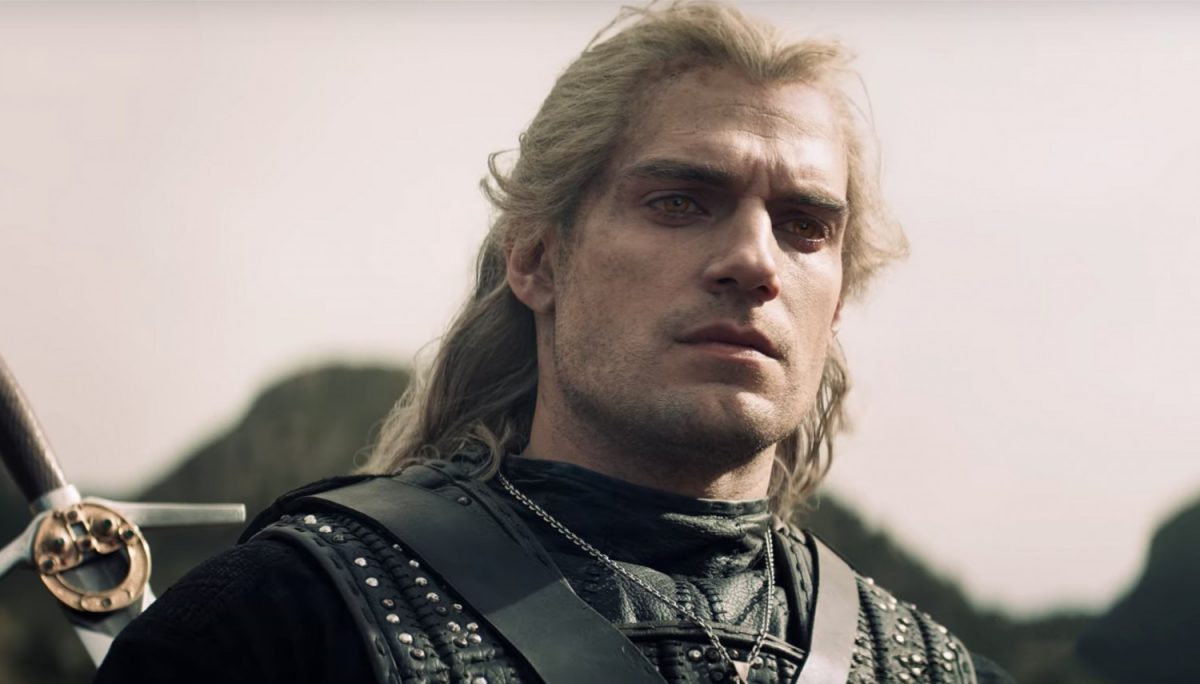
“I do believe in casting that you don’t choose the first person who approaches you, or even necessarily choose the biggest fan of the work. What you do is you meet everyone, and make sure that the person that you’re getting truly embodies the spirit of the character. I met with Henry very early and then I met with a bunch of other people. At the end of the day, I really couldn’t get Henry’s voice out of my head. And I knew we found out Geralt when we finally sat down in New York and he auditioned for us. He immediately just embodied the character and we cast him that very day.”
And when it came time to cast the other leading ladies, Anya Chalotra as Yennefer of Vengerberg and Freya Allan as Princess Ciri of Cintra, they shared their own experiences with working on the show, describing their own challenges in portraying their characters as closely as what was written in the books.
For the uninitiated, The Witcher novels actually started out as a series of short stories with the first two books, The Last Wish and The Sword of Destiny. With these books being a collection of non-linear narratives that “don’t necessarily build on one another”, the main challenge for Hissrich and company was to weave all these individual stories in and turn it all into one cohesive story, which will resemble more of a journey as opposed to being just a “monster of the week” type of scenario.
As such, they had to change the way in which certain characters, especially Geralt, were introduced, and include inciting incidents with which to spurn him to embarking on this journey.
“[Geralt’s introduction] was a very intentional change,” the former Daredevil and The Umbrella Academy producer points out. “The books [comprising of] short stories are exactly that — they’re short stories. But for a series, you need to start with Geralt having an adventure. And then you need the next episode, the next adventure, to build on that first one, so that eventually Geralt’s starting his journey in one place and ending it in another.”
With over 3,000 pages of material to derive from, Hissrich had to get all of it down into “bite-sized chunks” that are easily understood by the general audience, so as to reel them in and make the show more accessible. But she is confident that, because of how rich Sapkowski’s writing was, it wasn’t as challenging as expected to adapt these iconic stories into TV.
“The good news is, with all of that material, it’s easy to fall in love with things and, as writers, that’s sort of how we were guided by heart and instinct. There are certain really iconic stories, for instance, that we knew we wanted to tell in the first season.”
Furthermore, the books are generally quite dialogue- and exposition-driven. Contrary to popular belief, Geralt actually speaks quite a hefty bit, and we are also given an insight to his interior dialogue in many instances. As such, Hissrich and Cavill even had to change how Geralt is in the books a little just to make him more compelling to watch on the screen.
“[Adapting dialogue] is something that, as a writer [of a TV series], is very difficult to do. In the books, Geralt speaks a lot, whether verbally or [internally]. That’s not something that we have the ability to do on the show,” says the 41-year-old. “In our world [in the show], Geralt ended up becoming a lot quieter. This is something that Henry and I worked together very carefully on. We didn’t even know it was happening at the beginning. We simply started to cut lines out of his dialogue, and we realised that in our world, a stoic Geralt, who holds a little bit more back, is actually a much more interesting character for viewers to follow.”
Having worked on character-focused and successful Netflix Originals, Hissrich knows a thing or two about developing rounded and fleshed-out characters. And in a story that is as morally-grey and generally unpredictable such as The Witcher, there is a gold mine with which to depict the growth of anti-heroes such as Geralt and Yennefer, or the struggles of more innocent characters such as Ciri, who are constantly exposed to the cruel nature of the world.
Hissrich understands one character can’t be shouldering the burden of an entire TV show , hence the inclusion of Yennefer and Ciri as the two other main characters, each with their own arc.
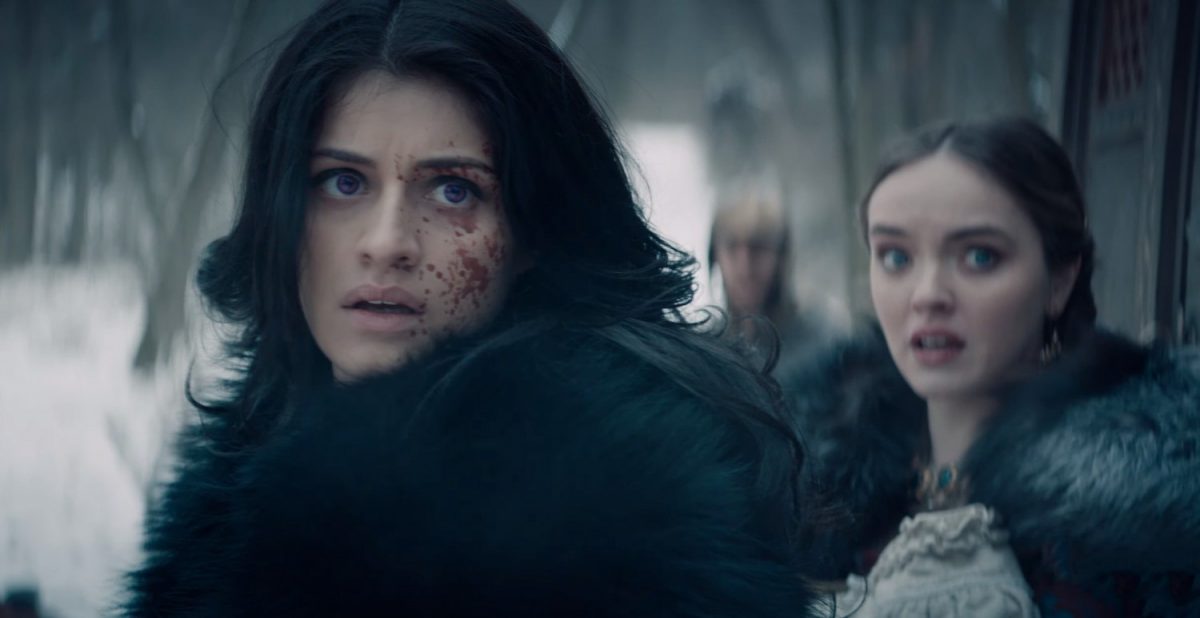
“It was very important for me to encompass all three characters because any given character is only as interesting as the people he/she talks to or interacts with. A show can’t stand on one character alone. Everyone needs to be built up, so that interactions [between each other] are more interesting. For me, I’ve always described The Witcher as a family coming together. A very broken family — three different people who are feeling like they’re on their own in the world and that they don’t need anyone else, when in fact, we know they do need each other very much. And they’re destined to be together.
And so I knew that I wanted to take all three of those characters and make them each as balanced and multi-dimensional and layered and damaged, with the same goals and dreams and fears, so that we fully understood who all three of them were, even before they interacted and became that family.”
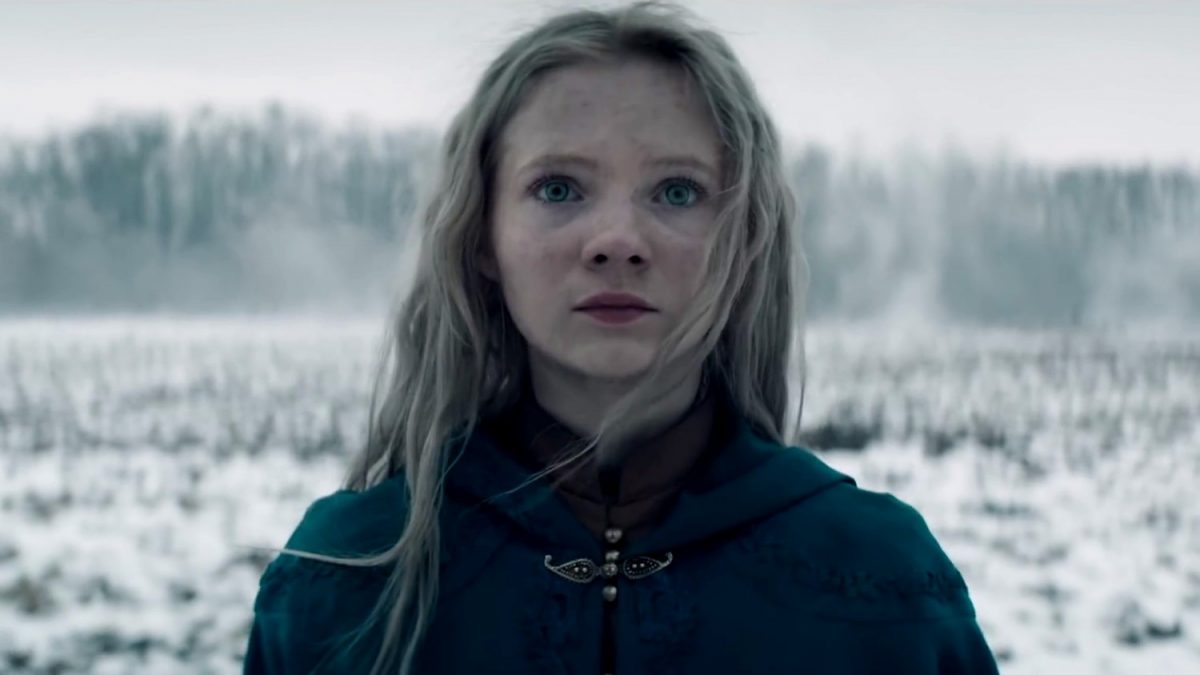
So far, so good with Hissrich and company, as Season One of The Witcher will drop very soon. But even before we get to witness Henry Cavill swinging those silver swords around, we’re already watering at the mouth knowing that a second season has just been greenlit. Hissrich was no doubt thrilled at the prospect, as that meant getting the chance to explore more stories that she and her writing team couldn’t get to squeeze into the first season.
And if you who have read the books are concerned about the show deviating from the books in Season Two, as TV adaptations are usually wont to do, Hissrich reassures you that the team “never really planned to go [their] own route”, and will remain as faithful to the books as much as possible, which was what made her and her team “fall in love with the franchise in the first place.”
That said, she acknowledges that TV will ultimately have to deviate from the source material at some point for the sake of accessibility and time constraints, but the crux of what makes The Witcher so unique, she emphasises, will be there still.
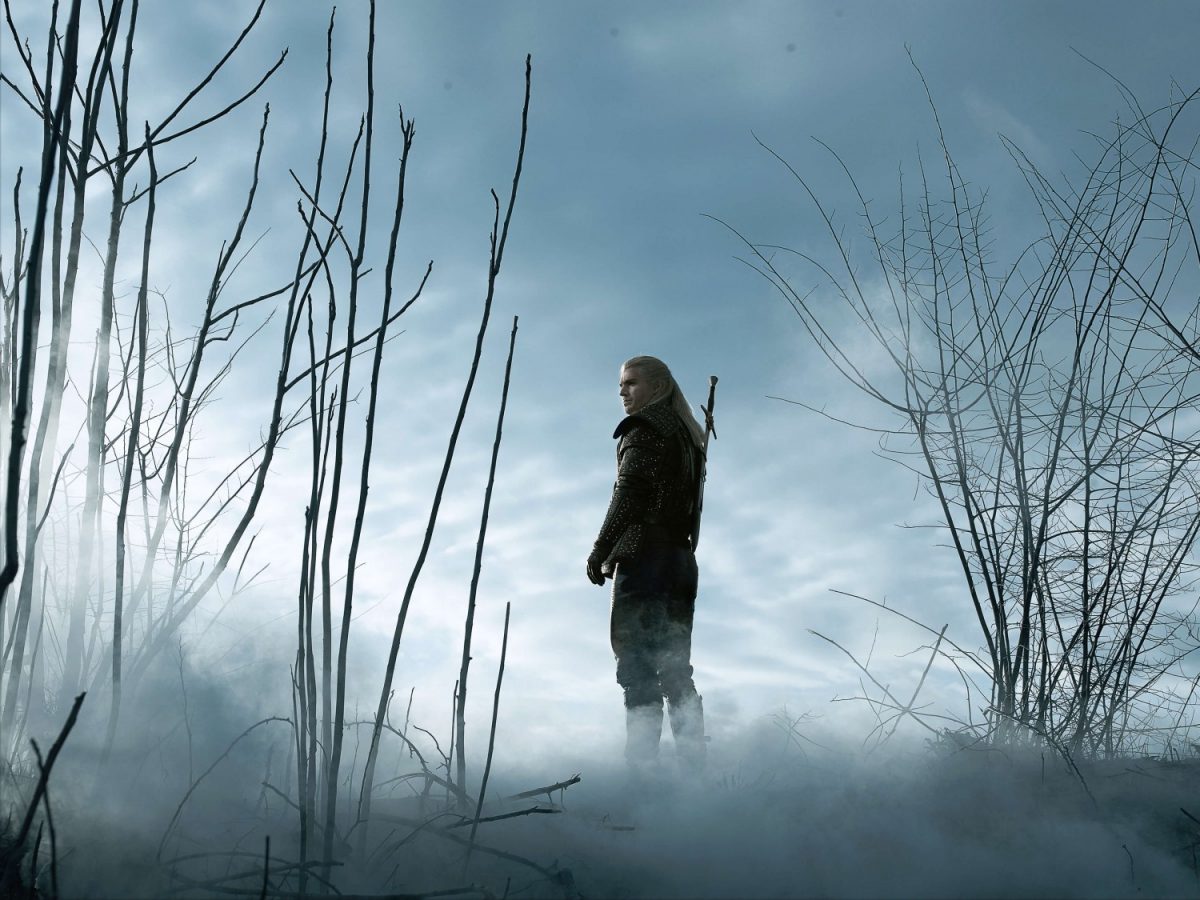
“It really is what Andrzej Sapkowski wrote that brings me to this world,” Hissrich explains, brimming with excitement. “We will always have, in video game terminology, some side quests; we will always do some things that aren’t in the books that will make sure that character stories are making sense, that certain characters are meeting and we’re setting up the building blocks for something that we need to happen in later seasons.”
“But we will continue to go back to the books. The fun and exciting thing about knowing that we’re doing Season Two now is that there are certain things that I had to actually leave out of Season One, [as] we simply didn’t have the room to do them. And now we have the opportunity to return and do a few more of our favourite moments from the short stories and make sure that, again, we’re continuing to serve as what fans really love about this material.”
The Witcher airs on Netflix on December 20, 2019.
Marion has a serious RPG addiction. Sometimes it bleeds into real life; he forgets to sleep because he thinks he has a Witcher’s body clock. Forgive him in advance if he suddenly blurts out terms such as “Mind Flayer” and “Magic Missile”, because never once does he stop thinking about his next Dungeons & Dragons game.

